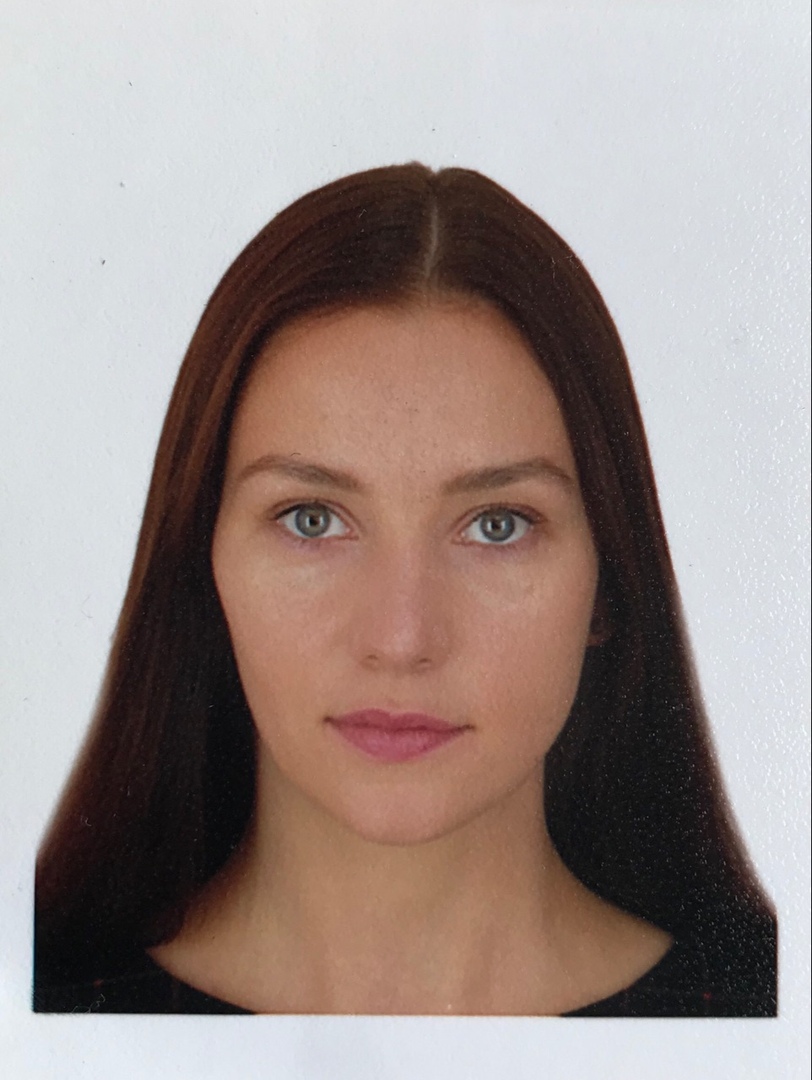The image of the dragon is formed in the origins of the spiritual culture of China and affects all spheres of life of Chinese people. In the religious sphere, it is perceived as the totem-ancestor, the creator of all things and is invariably associated with the cult of fertility. Dragons are popularly called «lords of the rain»: there are numerous references to various rituals of causing or stopping rain through the image of a dragon. People often worshiped dragons and prayed for good weather or rich harvest. Moreover, during Sui (581–618) and Tang (618–907) dynasties, the cult of the Dragon King (Long Wang, 龙王) became widely spread among the people, which led to the construction of a large number of prayers and temples. The main aim of this article is to show the genesis and the transformation of the image of the Dragon King in Chinese religious beliefs. In particular, research results show that the origin of the Dragon King was closely related to the rise of Buddhism in ancient China. At the same time, Taoism also had a noticeable effect on the further modification of this image. In addition, the ideological stability of the image of the Dragon King was facilitated by the fact that the emperor and the political elite of China used and supported religious cults beneficial to the ruling house. The Dragon King was correlated to the emperor because people believed that the emperor was the real Dragon and the son of Heaven. Ultimately, the combination of these factors leaded to the popularization of the Dragon King among Chinese people and to the construction of the big amount of Dragon King Temples (龙王庙). The importance of studying the image of the dragon is stimulated by the fact that it doesn’t disappear from historical memory and popular beliefs and serves as one of the archetypes of the cultural and civilizational identity of Chinese people.
Keywords: Chinese dragon, dragon archetype, Long Wang, Buddhism, Taoism, folk beliefs
DOI: 10.22250/2072-8662.2020.1.67-72
About the author
 |
Valeriia V. Garrido – Postgraduate student (Philosophy); Institute of Far Eastern Studies of the Russian Academy of Sciences (IFES RAS); |






